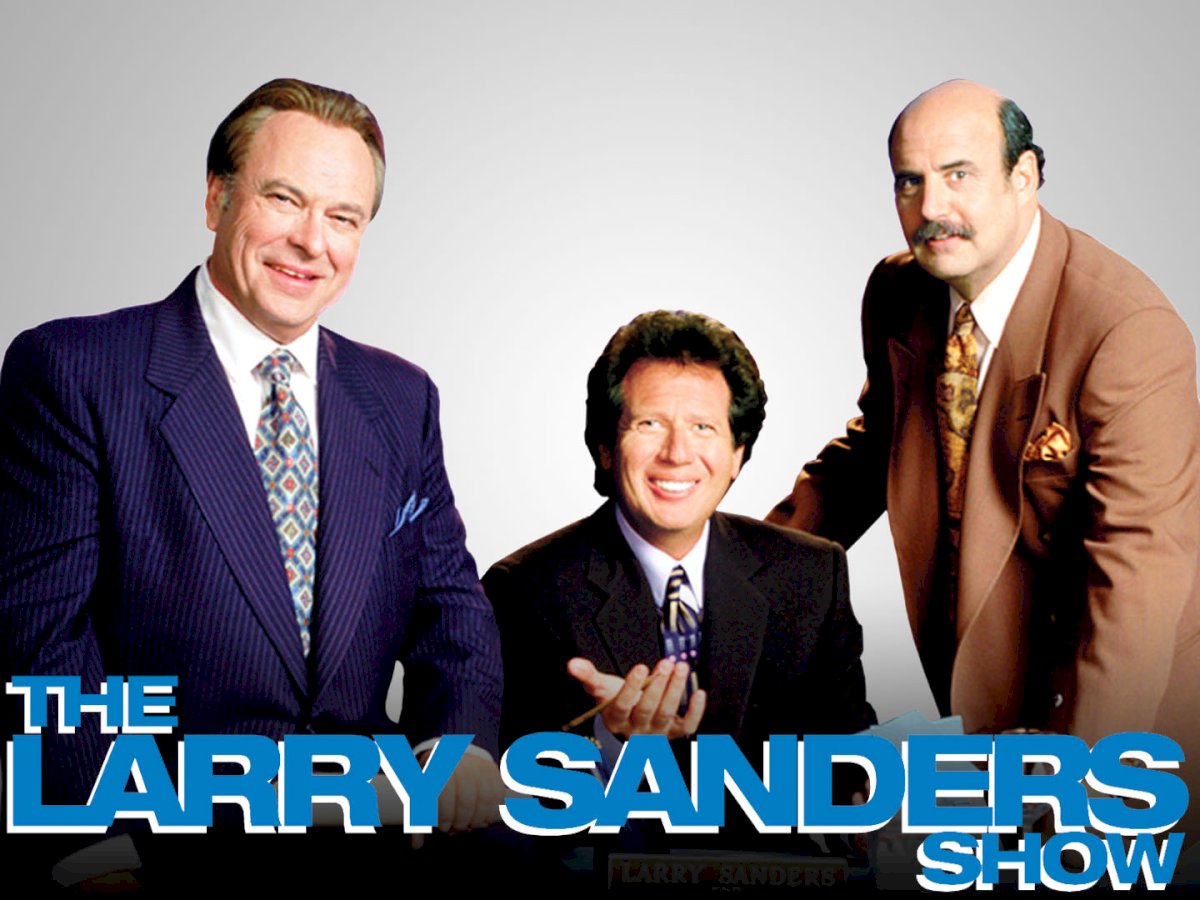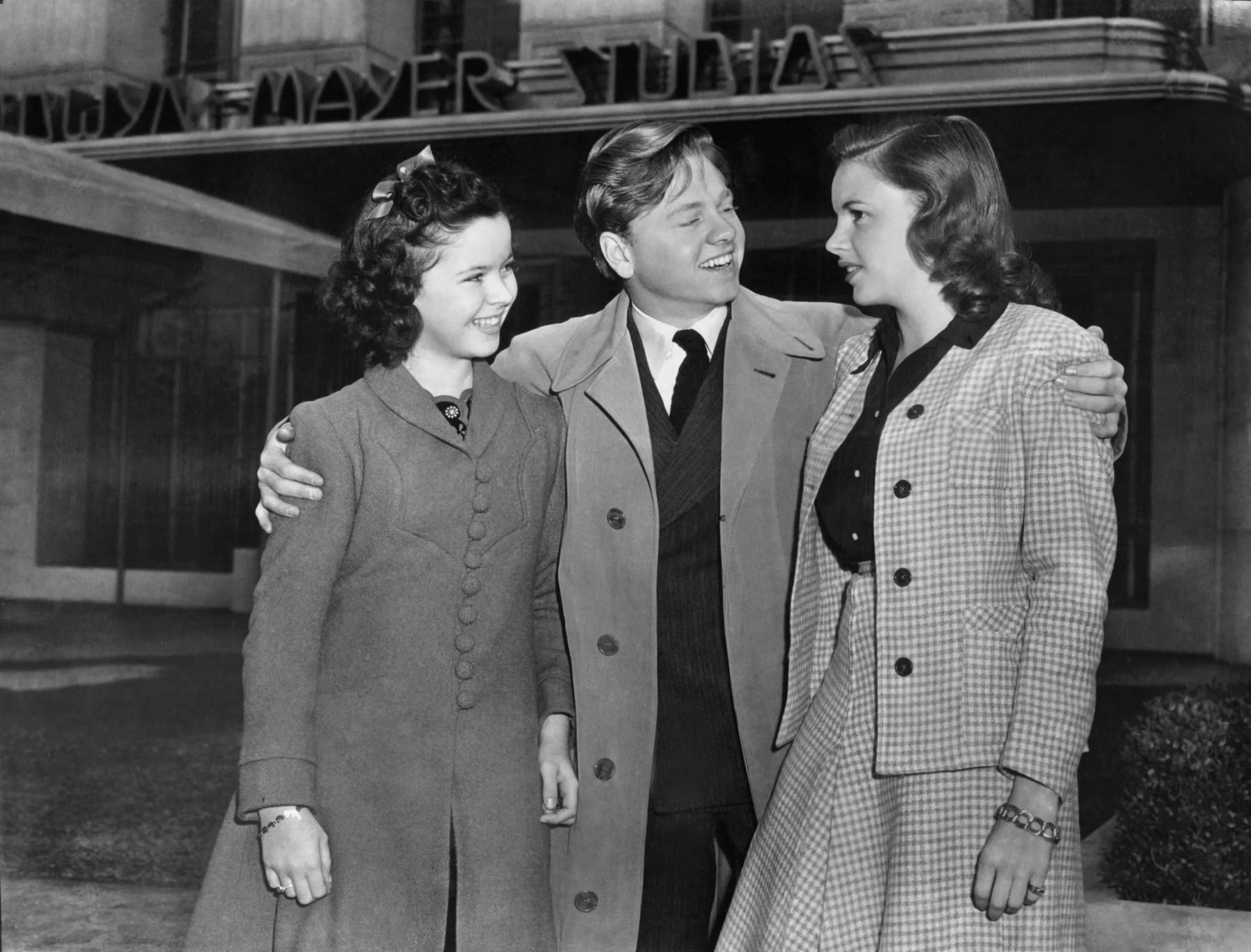In the world of 1980s comedy, "Trading Places" stands as a classic that continues to resonate with audiences for its sharp humor and social commentary. Directed by John Landis and released in 1983, this film stars Eddie Murphy and Dan Aykroyd in a story that explores themes of wealth, class, and human nature. Through a series of outrageous twists and turns, "Trading Places" delivers both laughs and poignant insights. In this article, we'll take a closer look at this beloved comedy and explore why it remains a timeless favorite.
(Watch the video below)

Origins and Development: A High-Stakes Comedy

"Trading Places" was born from the creative collaboration of a talented team of writers, directors, and actors. The film's screenplay, penned by Timothy Harris and Herschel Weingrod, drew inspiration from Mark Twain's 19th-century novel "The Prince and the Pauper." However, instead of exploring royal identities, the filmmakers transported the concept to the world of finance, setting the stage for a hilarious exploration of class dynamics.
Directed by John Landis, whose previous credits included comedies like "Animal House" and "The Blues Brothers," the film was destined to combine humor, social commentary, and a stellar ensemble cast. Starring Eddie Murphy and Dan Aykroyd in the lead roles, with supporting performances by Jamie Lee Curtis and Ralph Bellamy, "Trading Places" boasted a blend of established comedic talents and rising stars.
Plot and Social Inversion: A Roller Coaster of Humor and Reflection

The premise of "Trading Places" is both entertaining and thought-provoking. The story revolves around Louis Winthorpe III (played by Dan Aykroyd), a well-to-do commodities broker living a privileged life in Philadelphia, and Billy Ray Valentine (played by Eddie Murphy), a streetwise con artist. Their lives take an unexpected turn when they become pawns in an elaborate social experiment orchestrated by the wealthy Duke brothers (played by Ralph Bellamy and Don Ameche).
In a bet to settle a disagreement about nature versus nurture, the Dukes manipulate Louis and Billy Ray's circumstances, effectively trading their lives. Louis is stripped of his wealth, position, and identity, while Billy Ray is groomed to take Louis's place as a successful businessman. The ensuing chaos and hilarity arise from the characters' attempts to navigate their newfound circumstances, exposing the absurdity of societal norms and expectations.
Eddie Murphy's Breakout Role: A Dynamic Performance

"Trading Places" marked a pivotal moment in Eddie Murphy's career. Having gained recognition through his work on "Saturday Night Live," Murphy's role as Billy Ray Valentine catapulted him to a new level of stardom. His charismatic and energetic performance added layers of depth to a character who defied stereotypes and expectations.
Murphy's ability to seamlessly transition between comedic timing, genuine emotion, and social commentary was key to the film's success. His scenes, often infused with his signature improvisational style, remain memorable and contribute to the film's enduring appeal.
Commentary on Class and Social Mobility

At its core, "Trading Places" is a satirical examination of the stark divisions between social classes and the malleability of identity. The film's social inversion highlights the arbitrary nature of privilege and the role that circumstance plays in determining success. By juxtaposing Louis's fall from grace with Billy Ray's ascent, the film underscores the idea that financial status does not necessarily reflect one's character or abilities.
The film's portrayal of the Duke brothers as manipulative and callous individuals who view people as commodities speaks to the dehumanizing influence of extreme wealth. The concept of the "nature versus nurture" bet also prompts viewers to consider how much of an individual's identity is shaped by external factors versus innate qualities.
Cultural Impact and Legacy: Humor with Substance

"Trading Places" struck a chord with audiences upon its release and continues to resonate decades later. Its biting humor, commentary on class, and memorable quotes have solidified its place in popular culture. The film's exploration of the American Dream, social mobility, and the fragility of wealth remain as relevant today as they were in the 1980s.
Furthermore, the film's exploration of identity and the idea that anyone can rise to the occasion, regardless of their background, serves as a timeless message of hope and redemption. The film's ultimate triumph lies in the protagonists' ability to rise above their circumstances and challenge the status quo, demonstrating the transformative power of human agency.
Conclusion: A Comedy of Depth and Significance

"Trading Places" transcends its status as a mere comedy, emerging as a work of art that cleverly wields humor to shed light on the complexities of society. With its sharp social commentary, memorable performances, and a plot that challenges the conventions of class and privilege, the film has secured its place as a classic. As audiences continue to revisit the antics of Louis and Billy Ray, they are reminded of the film's central message: that identity, integrity, and resilience can triumph over even the most absurd and unjust circumstances.



